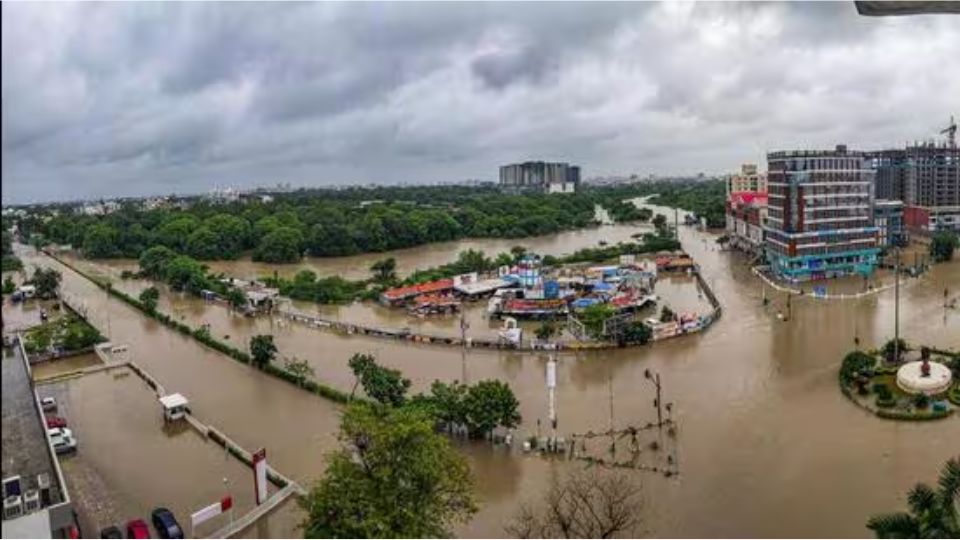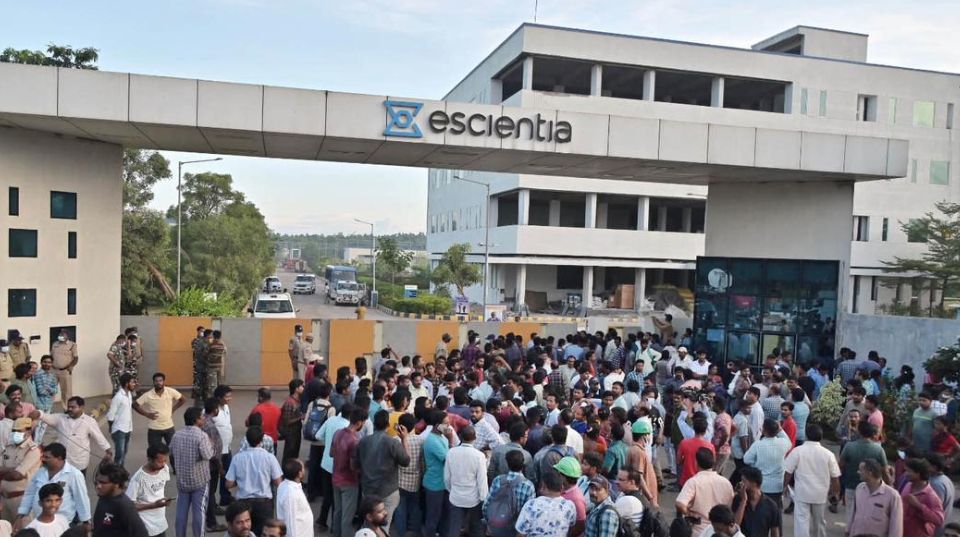Three significant new criminal laws passed in December last year, came into effect, on July 1, 2024. This implementation marks a major revolution in India’s dated criminal justice framework.
The Bharatiya Nyaya Sanhita (BNS), Bharatiya Nagarik Suraksha Sanhita (BNSS), and the Bharatiya Sakshya Adhiniyam (BSA) are the laws that are replacing the Indian Penal Code, 1860, the Code of Criminal Procedure, 1973, and the Indian Evidence Act, 1872, respectively.
Major changes in the new Criminal Laws
Bharatiya Nyaya Sanhita, with 358 total sections replaces the Indian Penal Code (IPC). Major changes include the addition of 20 new crimes and an increase in the imprisonment sentences for 33 crimes. 83 crimes fine amount has been substantially increased and mandatory minimum punishments are posed for 23 crimes.
Also Read | PM Modi To Release 17th Installment Of PMKSN Scheme
Bharatiya Nagrik Suraksha Sanhita, replaces the Code of Criminal Procedure (CrPC), with 531 total sections. The major changes include the addition of 9 sections, 39 sub-sections, and 44 new provisions. A substantial number of provisions are also removed and altered.
Bharatiya Sakshya Adhiniyam, replaces the Indian Evidence Act, with 170 total provisions. 24 provisions are changed, 6 provisions removed and 2 provisions and 6 sub provisions are added.
Speedy Justice, transparency in the judicial system
The primary purpose of this reformation is to ensure speedy justice and adapt to the changing times and forms of crime. The time limit of 45 days for the judgment to pass after the trial’s completion, and 60 days for the charges to be framed will ensure the efficiency and competency of the system.
Also Read | PM Modi To Celebrate International Yoga Day In J&K
To ensure inclusivity and remove the obstacles to the justice system, these new laws ensure that a Zero First Information Report (FIR) can be filed at any police station, regardless of jurisdiction by any person.
Transparency in the jurisdiction process is also ensured by enabling the online registration of police complaints and the electronic serving of summonses. The videography of crime scenes for all heinous crimes is also made mandatory.
Significance and Criticism of the New Criminal Laws
To address emerging crimes like gang rapes, mob killings etc, new provisions have been added. Chief Justice of India DY Chandrachud claimed these new laws to be a “watershed moment for our society”, which will impact the day-to-day lives of the citizens profoundly.
The “hurried” rollout of the law, however, became a matter of concern and criticism in the political sphere. Congress party claims a lack of transparency, discussion, and consultation in the process of enforcement of these laws. The protests demanding a thorough discussion before the implementation has been acknowledged by the Bar Council of India.
About the Author
Ms Anuja Choudhary is a public policy enthusiast and Masters in Philosophy from LSR, DU. With a keen eye for authenticity, she is currently honing her craft as a writer to pen down the voices with utmost sincerity and integrity.











